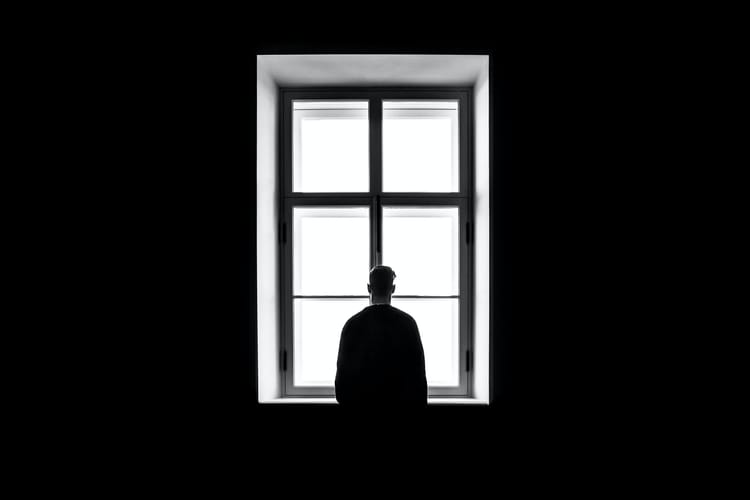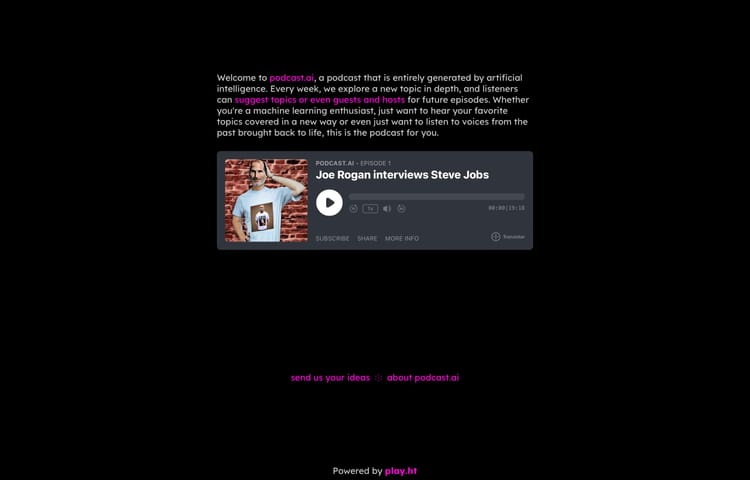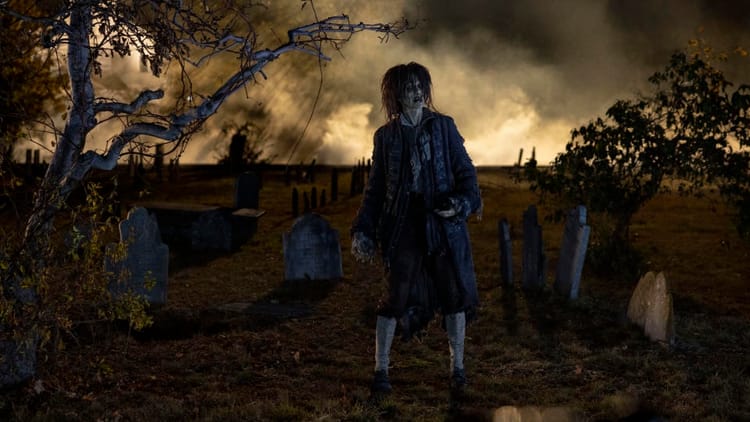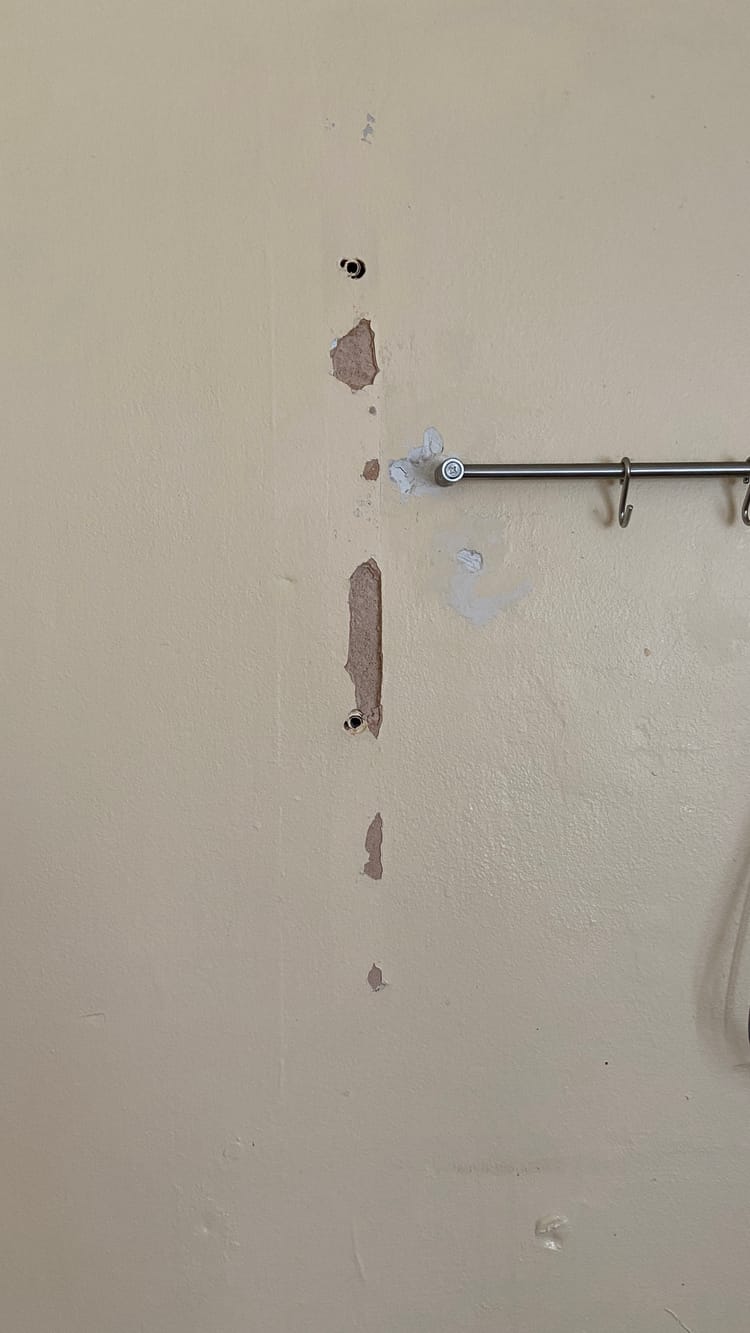Using Cognitive Behavioural Therapy (CBT) to become unstuck and feel happy

Cognitive Behavioural Therapy is recommended by many
I’ve been reading many self-help books and articles on being happy, reducing stress, and becoming unstuck. A few recurring recommendations were cognitive behavioural therapy, meditation and mindfulness.
I’ve practiced meditation and mindfulness in the past, and while meditation helped, I didn’t really understand mindfulness and how to use it to it’s full potential.
That is until I tried CBT. Some of you may know, my brother passed away last year, and I was recommended grief counselling, or CBT. My wife could see I was becoming depressed and stressed before Sam passed, but I think his passing pushed my feelings of helplessness even further. I was losing myself and becoming anxious of other people, and how they were thinking of me.
The thing is, no one was thinking badly of me, but my brain kept putting bad thoughts in my head. I decided cognitive behavioural therapy was the way to go, and felt I could and have grieved my brother’s death. I needed cognitive behavioural therapy to feel whole and in control again.

We quickly figured out that I was going through social anxiety, and my confidence had gone. I needed to be more aware of my thoughts, and tackle them as soon as possible.
Thoughts like “those people are looking at me because I have a funny walk” or “if I speak to them, they’re going to think I’m weird”. It was hard to get over, but my therapist created challenges for me to complete.
First, I had to write any bad thoughts and feelings into a diary, and what I did to overcome them. Things like “I was anxious when the phone rang, but I took a few deep breaths and answered the call. Nothing bad happened, and I felt better after answering the phone.”
The hardest challenge was going up to random strangers and make conversations with them. My brain would do anything to talk me out of it, but I realised that I’m always doing little things for people. When I came to this realisation, it made starting conversations easier.
My therapist congratulated me on my improvements and reminded me that it was all me, and no one else. Cognitive behavioural therapy helped me figure things out, and if I get stuck again, I’ll happily go back.
It also helped me gain full appreciation of mindfulness with meditation, writing my thoughts and feelings, and keeping a diary of what I’m grateful for. To anyone reading this and feeling stuck, I recommend CBT as part of your toolset. Meditation and mindfulness are still used as well, but cognitive behavioural therapy helped move me forward.
I now appreciate where I’m at in life. I don’t feel like people are watching me and thinking badly of me. I’ve realised that if I asked them questions that I’m worrying about, they would respond mostly with positivity. That’s because when I wrote those questions and had my therapist ask them to me, I responded positively and realised others would feel similar to me.
Two books I would recommend are “The Happiness Hypothesis” and “The Practice of Groundedness”. They have also helped guide me to where I am now, and I keep them close to me for resources.




Member discussion